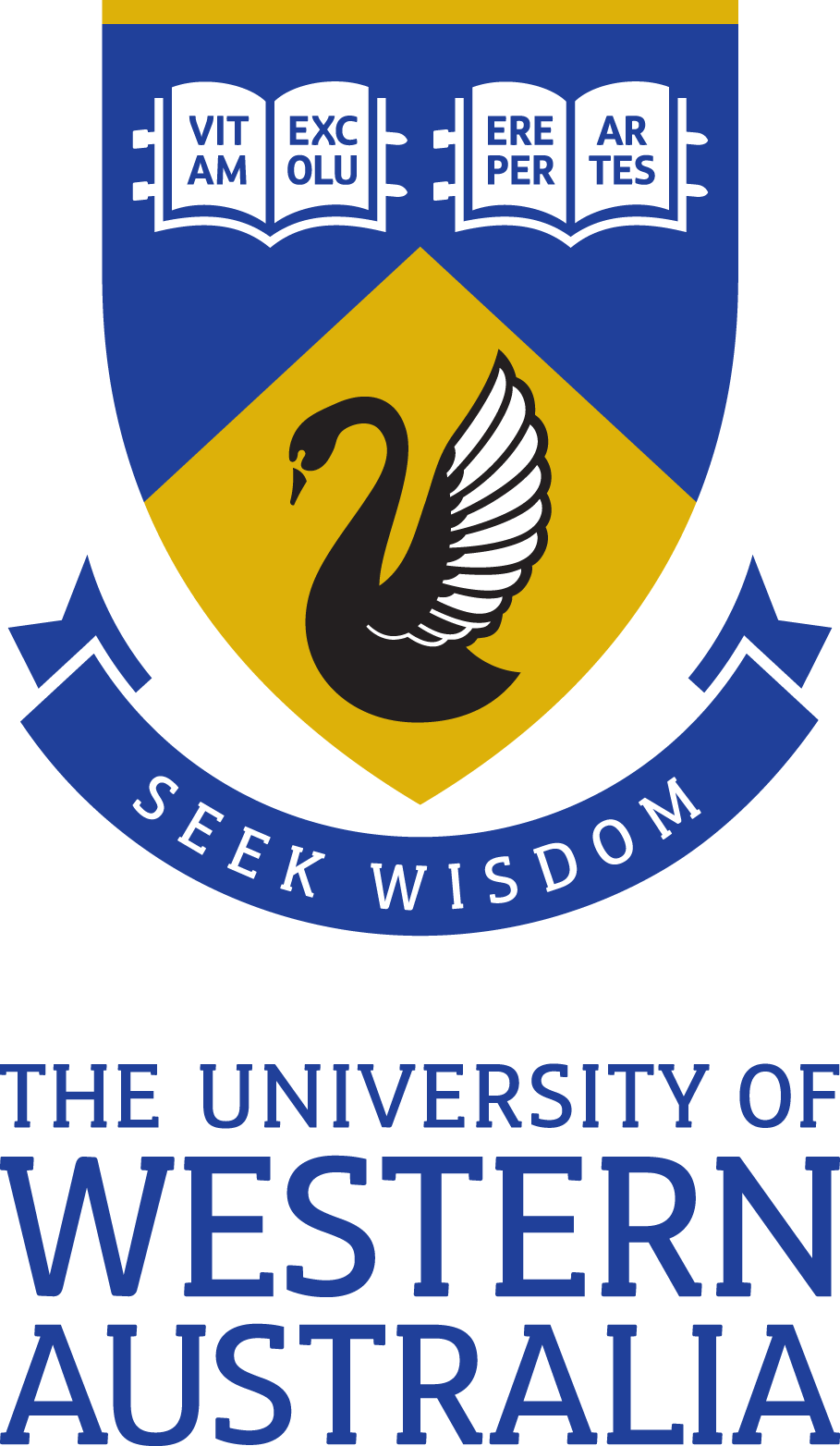Full description
We use KiDS weak lensing data to measure variations in mean halo mass as a function of several key galaxy properties (namely stellar colour, specific star formation rate, Sérsic index, and effective radius) for a volume-limited sample of GAMA galaxies in a narrow stellar mass range [M∗ ∼(2-5) × 1010 M⊙]. This mass range is particularly interesting, inasmuch as it is where bimodalities in galaxy properties are most pronounced, and near to the break in both the galaxy stellar mass function and the stellar-to-halo mass relation (SHMR). In this narrow mass range, we find that both size and Sérsic index are better predictors of halo mass than either colour or SSFR, with the data showing a slight preference for Sérsic index. In other words, we find that mean halo mass is more tightly correlated with galaxy structure than either past star formation history or current star formation rate. Our results lead to an approximate lower bound on the dispersion in halo masses among log M∗ ≈ 10.5 galaxies: We find that the dispersion is ≳ 0.3 dex. This would imply either that offsets from the mean SHMR are closely coupled to size/structure or that the dispersion in the SHMR is larger than what past results have suggested. Our results thus provide new empirical constraints on the relationship between stellar and halo mass assembly at this particularly interesting mass range.Notes
External OrganisationsSwinburne University of Technology; University of the Western Cape; Leiden University; University of Bristol; University of Groningen; University of Oxford; Utrecht University; Ruhr University Bochum; Argelander Inst Astron; University of Bonn; Australian Astronomical Observatory; Sydney Institute for Astronomy; University of Sydney; Macquarie University; Australian Astronomical Optics; Liverpool John Moores University; University of Innsbruck; University of California Davis; University of St Andrews; Princeton University; Cardiff University; Pontificia Universidad Católica de Valparaíso
Associated Persons
Alan Duffy (Creator); Angus Wright (Creator)Edward N. Taylor (Creator); Michelle E. Cluver (Creator); Pol Gurri (Creator); Henk Hoekstra (Creator); Alessandro Sonnenfeld (Creator); Malcolm N. Bremer (Creator); Margot M. Brouwer (Creator); N. E. Chisari (Creator); Andrej Dvornik (Creator); Thomas Erben (Creator); Hendrik Hildebrandt (Creator); Andrew M. Hopkins (Creator); Lee S. Kelvin (Creator); Steven Phillipps (Creator); Cristobal Sifon (Creator); Mohammadjavad Vakili (Creator)
Alan Duffy (Creator); Angus Wright (Creator)Edward N. Taylor (Creator); Michelle E. Cluver (Creator); Pol Gurri (Creator); Henk Hoekstra (Creator); Alessandro Sonnenfeld (Creator); Malcolm N. Bremer (Creator); Margot M. Brouwer (Creator); N. E. Chisari (Creator); Andrej Dvornik (Creator); Thomas Erben (Creator); Hendrik Hildebrandt (Creator); Andrew M. Hopkins (Creator); Lee S. Kelvin (Creator); Steven Phillipps (Creator); Cristobal Sifon (Creator); Mohammadjavad Vakili (Creator)
Issued: 2020-12
User Contributed Tags
Login to tag this record with meaningful keywords to make it easier to discover
Identifiers
- global : 72687b18-c4f1-47b8-ba85-87335ccfd983


